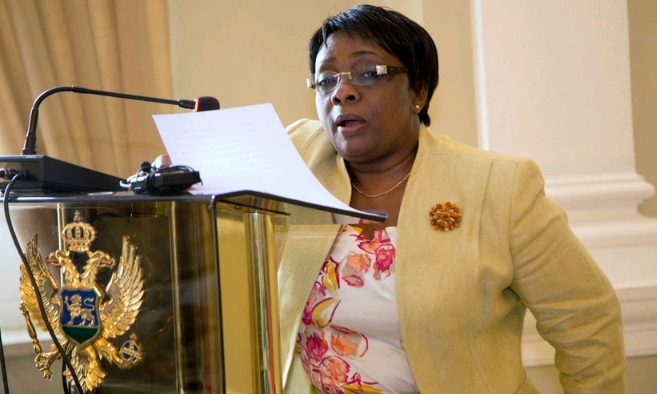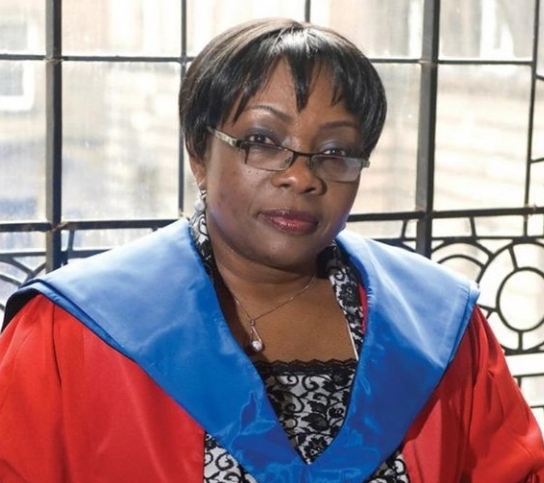Ugandan judge Julie Sebutinde is set to become the next president of the International Court of Justice (ICJ), making history once again as she ascends to one of the highest roles in international law. Her presidency marks a significant chapter for the ICJ as it faces mounting global disputes and shifting geopolitical dynamics.
Sebutinde, a distinguished jurist with decades of experience, will take over the presidency following the departure of Judge Nawaf Salam, who recently resigned to assume the role of Lebanon’s Prime Minister. Salam’s appointment follows Joseph Aoun’s election as Lebanon’s President, a political shift with significant regional implications.
An Illustrious Career in Justice
Born in Uganda’s Central Province in February 1954, Julia Sebutinde’s rise to prominence began with her appointment to Uganda’s Supreme Court in 1996. Her tenure was marked by high-profile anti-corruption investigations that cemented her reputation as a fearless advocate for justice.
Sebutinde gained international recognition during her tenure at the Special Court for Sierra Leone, where she presided over critical cases, including the trial of former Liberian President Charles Taylor. Her appointment to the ICJ in 2012 made her the first African woman to serve on the bench of the world’s highest court.
Judge Sebutinde recently drew global attention for her handling of contentious cases, including a legal dispute over the ongoing Israel-Hamas conflict. Her decision to reject South Africa’s request for an injunction against Israel, stating the matter was inherently political rather than legal, sparked widespread discussion. While her ruling received praise for upholding the court’s jurisdictional principles, it also led to political pushback, including public disapproval from Uganda’s UN Ambassador Adonia Ayebare.
Challenges Ahead as President
Sebutinde’s presidency comes at a critical moment for the ICJ. The court is preparing to hear Israel’s defense against South Africa’s allegations of genocide in July. As president, she will not only oversee the court’s administrative operations but also play a pivotal role in directing deliberations on complex international disputes.
Her leadership is expected to steer the ICJ through cases with profound legal, political, and humanitarian implications, solidifying her legacy as a transformative figure in global justice.
![]()

























